In August and September, Portugal witnessed a significant portion of their country burn in rural wildfires. In late October, Spain saw the city of Valencia and surrounding areas be swallowed by deadly floods.
The news cycle often includes an overwhelming and seemingly unending spiral of suffering. Right now, many of us desperately need stories that allow us to glean the best in humanity, and inspire us to keep fighting for a world worth living in.
This is one of those stories. In September the Portuguese were helped fighting their wildfires by the Spanish. In early November, the Portuguese non-profit organization IRA (Intervention and Animal Rescue) rolled up its sleeves, remarking in a post that Portugal wouldn’t fail to return the favor.
So, they flocked to the friendly, mountain-framed Mediterranean region of Valencia that, in just one day, on the fateful Oct. 29, was ravaged by a year’s worth of rain, leading to floodwaters that took the lives of at least 223 people. Just this Wednesday, the bodies of two young brothers, aged 3 and 5, were found 6 miles away from their home, where they had been sheltering with their father when the current burst through the wall.
After the terrifying flames that engulfed family homes in rural Portugal, the unprecedented floods in Valencia are one more entry in an ever-growing list of extreme weather events, intrinsically connected to climate change. Per the BBC, a preliminary report by the World Weather Attribution found that “the rainfall which struck Spain was 12% heavier due to climate change and that the weather event experienced was twice as likely.”
In both cases, these two countries, who have maintained a fierce sibling rivalry for much of their history, put their differences aside and showed up for one another.
Centuries worth of (not so) friendly competition
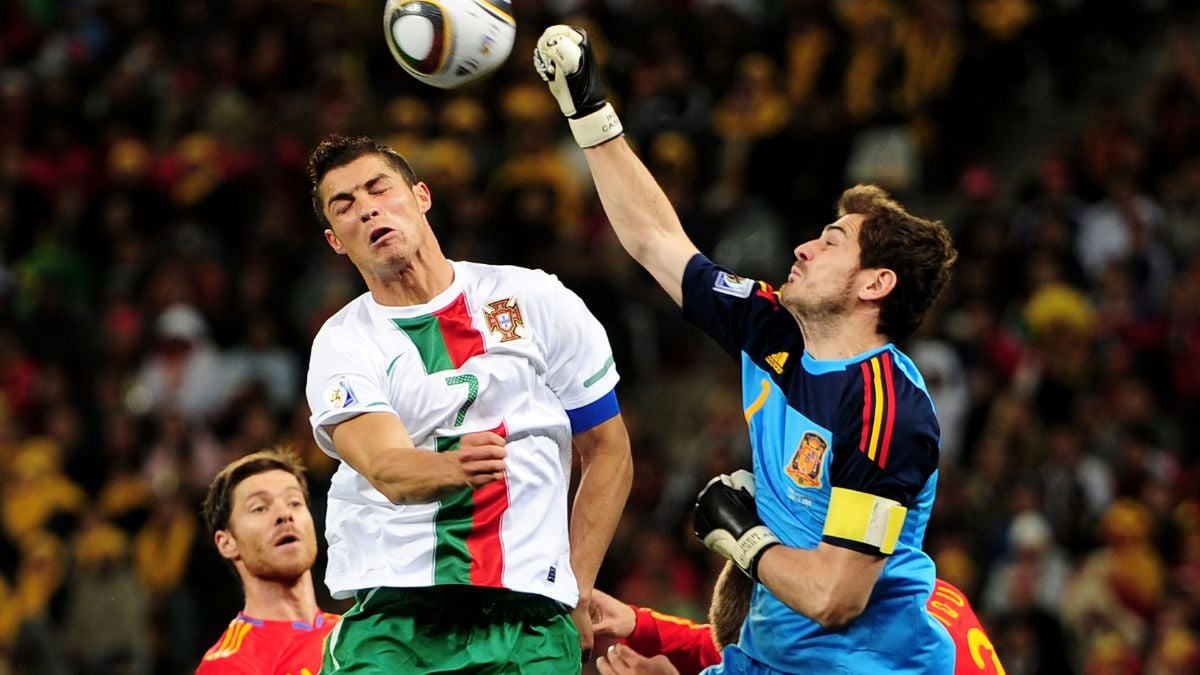
Portugal and Spain are tucked away together in the westernmost corner of Europe, which, before there were trains and planes to facilitate the circulation of people and merchandise, meant that, for the most part, they were isolated from the rest of the world by oceans, seas, and mountains, and left to their own devices (or at least significantly more so than other, more central nations in the continent).
Naturally, this brewed a peculiar kind of closeness and co-dependency, especially from the smallest of the siblings, the Atlantic-bathed Portugal, which, before the 12th century, wasn’t even its own country, but rather part of one of the many kingdoms that made up the Iberian Peninsula.
As with most siblings, there grew a friendly rivalry with its fair share of vicious arguments, especially when they both decided to meddle in other people’s businesses and colonize half of the world in the 14 and 15 hundreds. Over the centuries, however, tensions that were once fiercely charged, have simmered down to friendly competition and the occasional pointed dig (especially when the topics are football, food, or foreigners’ misconception of Portugal as part of Spain). Still, again, as with most siblings, with experience and age usually comes the understanding that, no matter how many grudges they may hold, they’re ultimately stronger together.
“Mission ‘Nuestros Hermanos’”
IRA has long had the admiration of thousands of Portuguese citizens for its unremitting fight against animal abuse and neglect within the country. However, the hearts of its operatives are larger than the borders of its nation. Not too long ago, they went to Ukraine and Poland to provide aid to war refugees. More recently, on Oct. 31, the non-profit posted that “help was on the way to Valencia.”
And help they did, aiding in the rescue efforts of both humans and animals, earning the respect and gratitude of their Iberian neighbors for rising to the occasion. “THANK YOU with all my heart!!” one Spanish netizen wrote, “THANK YOU for coming to help us and save the poor animals. You are HEROES.”
We’re living in a time wherein, for multiple factors primarily stemming from the entrenchment of digital and informational technologies in our daily lives, we’re experiencing a crisis of empathy. The invention of the photograph, Susan Sontag told us, has “permitted unprecedented feats of close observation from a distant vantage point.” A physical and emotional distance contributes to one’s capacity to feel compassion for another.
But should we allow distance to dictate what we may care about? What we ought to fight for? Should empathy only manifest when pain hits too close to home? When tragedy strikes within our borders? This world would likely be a better place if more people were willing to extend their compassion and put self-interest aside. At a period in history in which we can clearly see how hate begets hate, we need good deeds to inspire more good deeds.

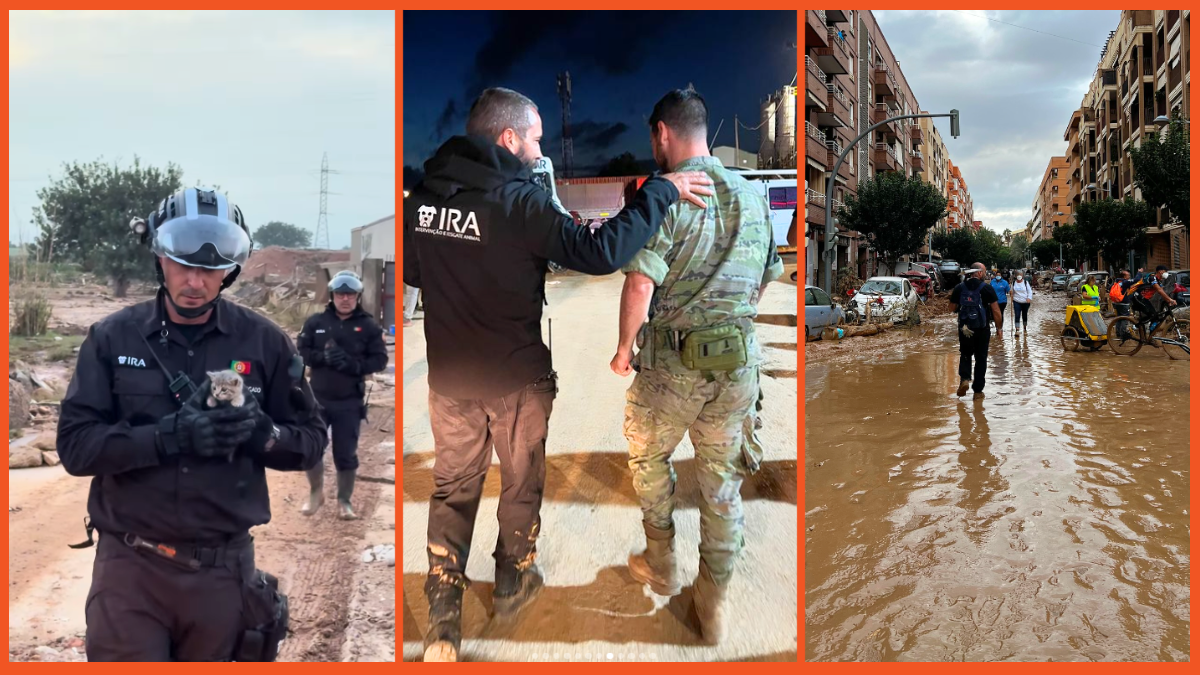
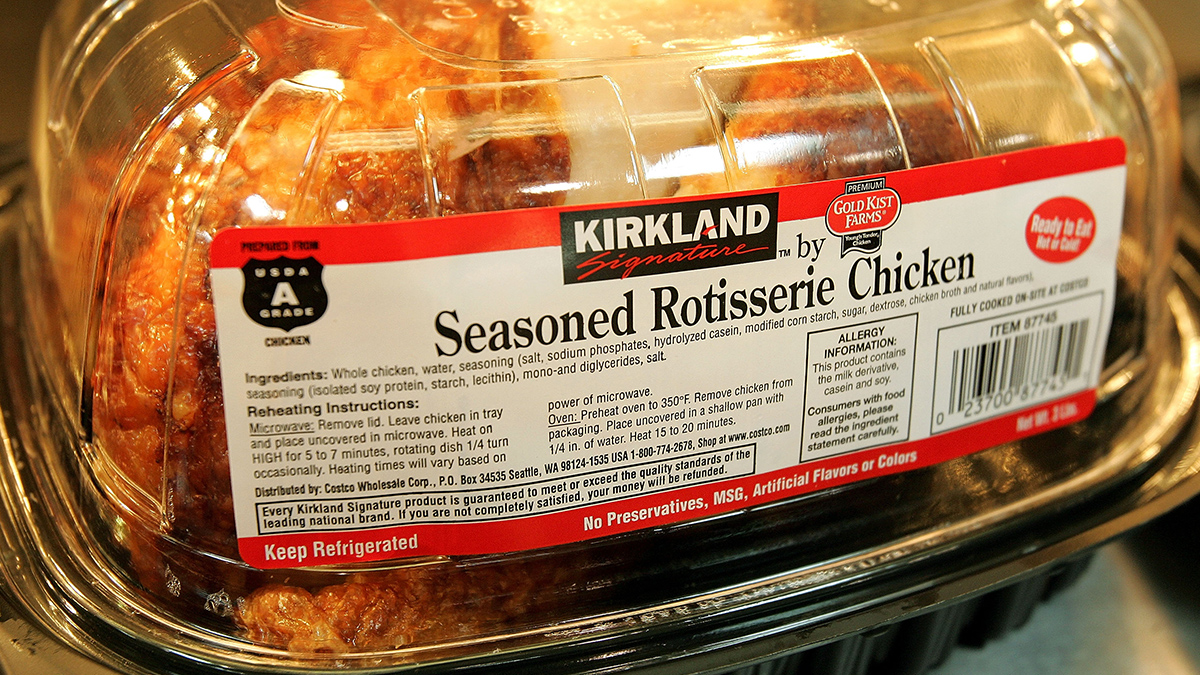


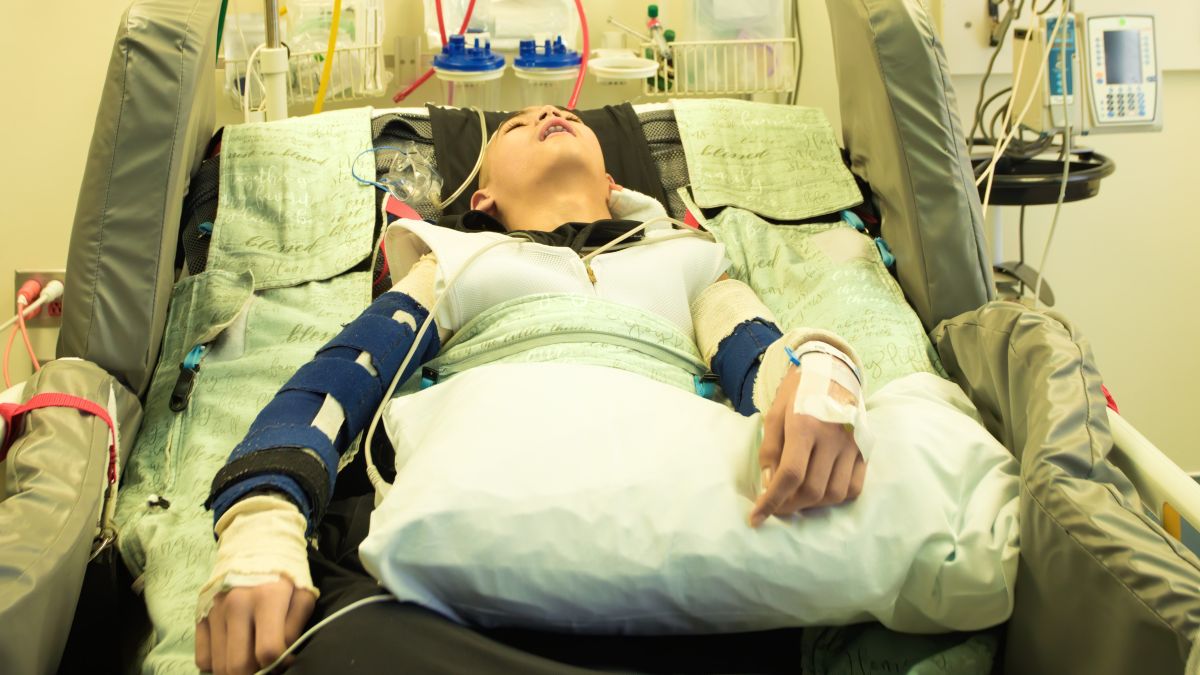
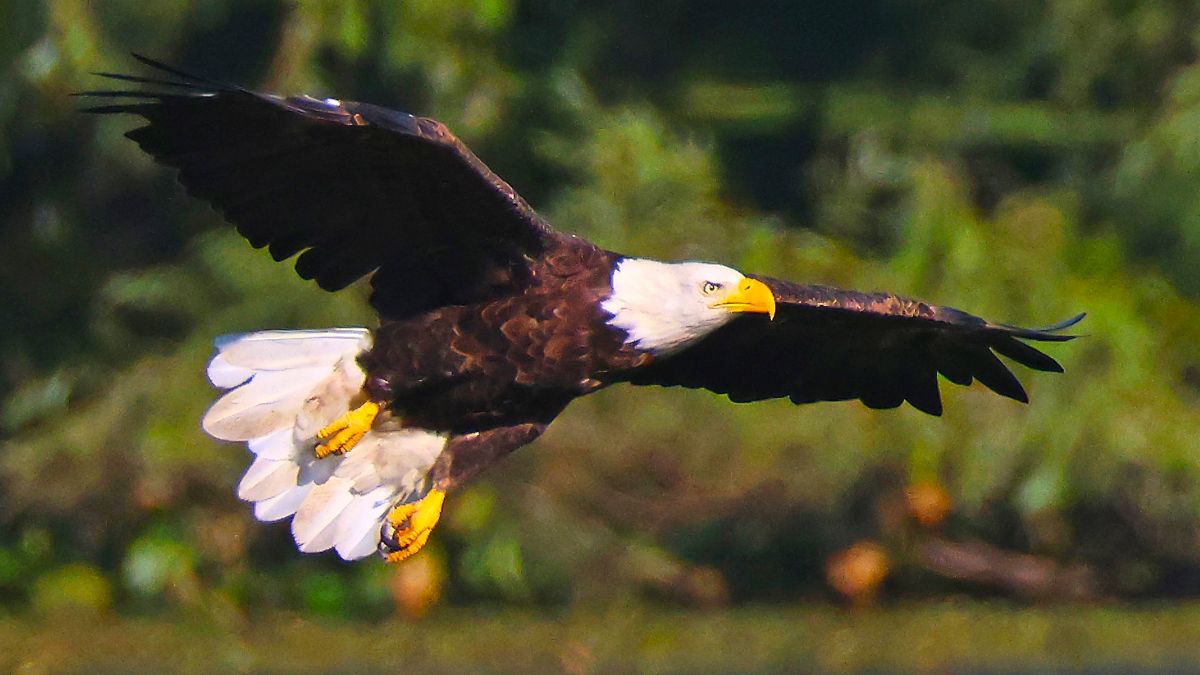

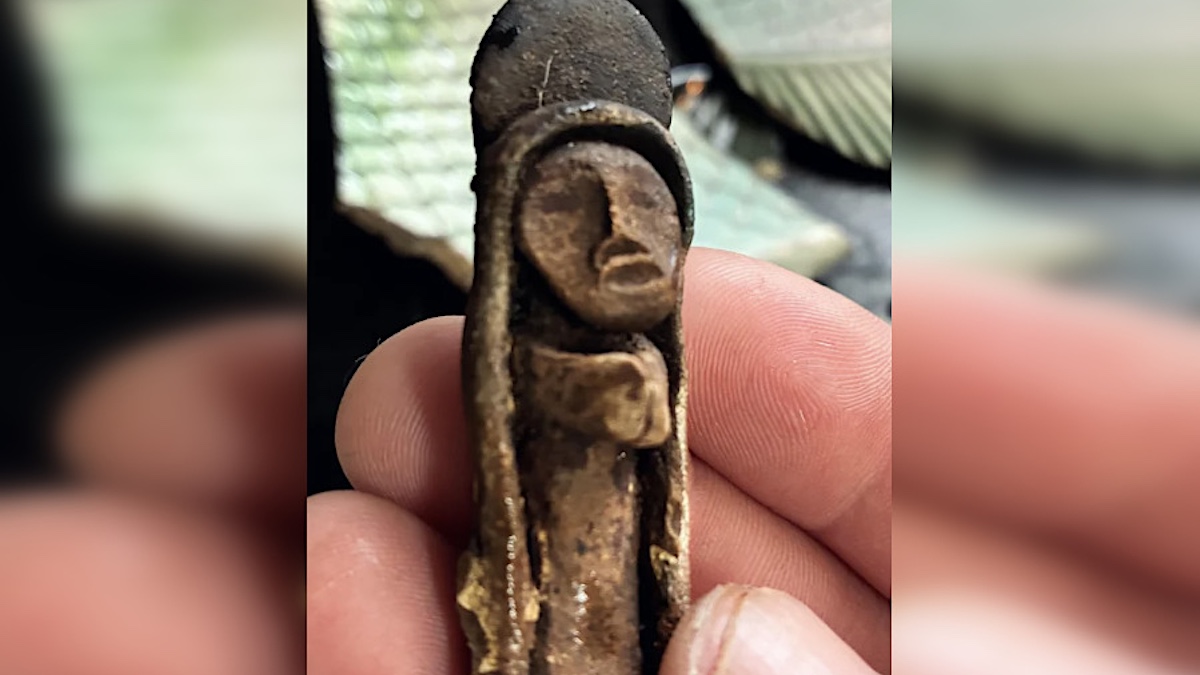



Published: Nov 14, 2024 05:52 am